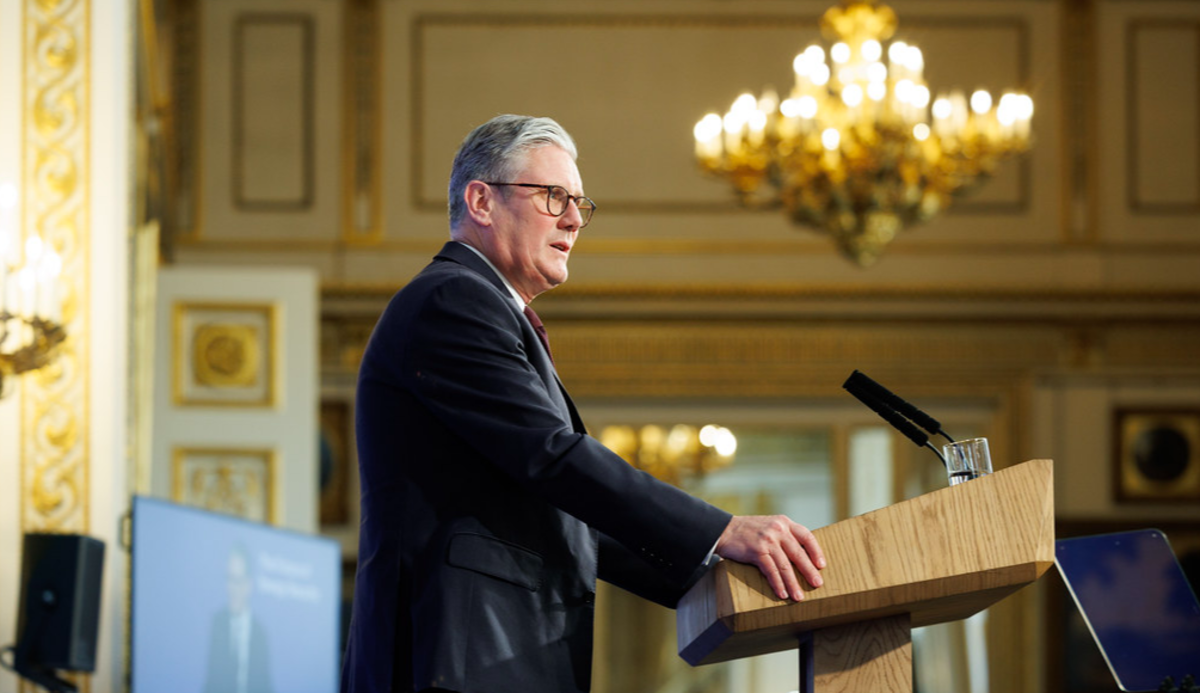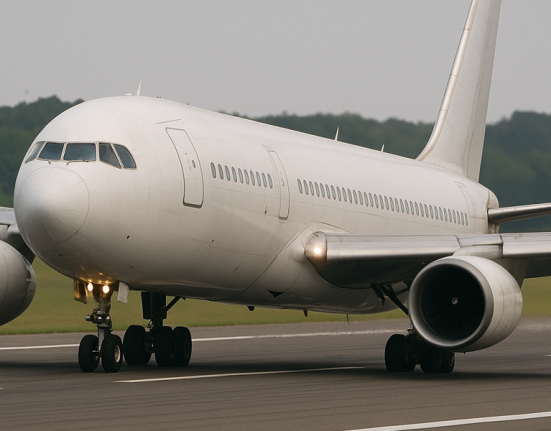British security services are investigating possible Russian involvement in three arson attacks targeting properties linked to Prime Minister Sir Keir Starmer.
Counterterrorism police are leading the inquiry, which remains open to multiple motives amid rising concern over a broader campaign of Russian-backed destabilisation efforts across Europe.
The incidents, which took place earlier in May, involved fires at Starmer’s family home in Kentish Town, London, a vehicle, and a residential property he previously owned. Three men – two Ukrainians and one Romanian – have been charged with conspiracy to commit arson with intent to endanger life.
“Others unknown” could be Russians?
Prosecutors allege the trio conspired with “others unknown”, prompting security officials to explore whether Russian actors recruited them.
Downing Street has not commented publicly on the case. However, Starmer has called the incidents “an attack on all of us, on democracy, and the values that we stand for.”
Prosecutor Sarah Przybylska described the conspiracy as “unexplained”, while senior Whitehall figures confirmed investigations are underway into possible Russian links.
Although British officials say even a confirmed Russian connection would not necessarily implicate the Kremlin directly, the incidents come amid growing evidence of Russian intelligence operations across Europe.
Multiple Russian plots across Europe
In recent months, Western agencies have reported multiple plots attributed to Moscow – including plans to sabotage infrastructure, assassinate officials, and spread political chaos. MI6 chief Richard Moore has warned that Russia’s intelligence services have “gone a bit feral” in their methods.
Starmer’s home, now rented out since his move to Downing Street last July, was one of the properties targeted.
The suspects – Ukrainians Roman Lavrynovych and Petro Pochynok, and Romanian Stanislav Carpiuc – remain in custody and are due back in court on 6 June. None have publicly expressed allegiance to Russia, and one is reported to have shared pro-Ukrainian content online.
With tensions between Russia and the West still high over the war in Ukraine, any confirmed link to these arson attacks could further strain diplomatic relations and raise urgent questions about national security vulnerabilities on British soil.







